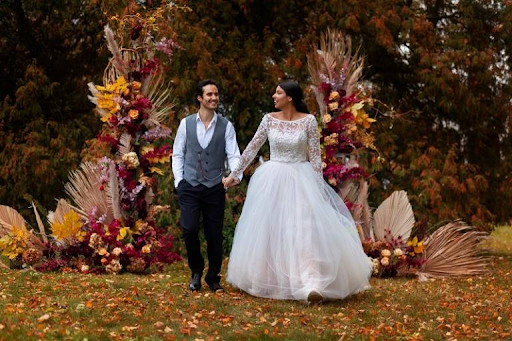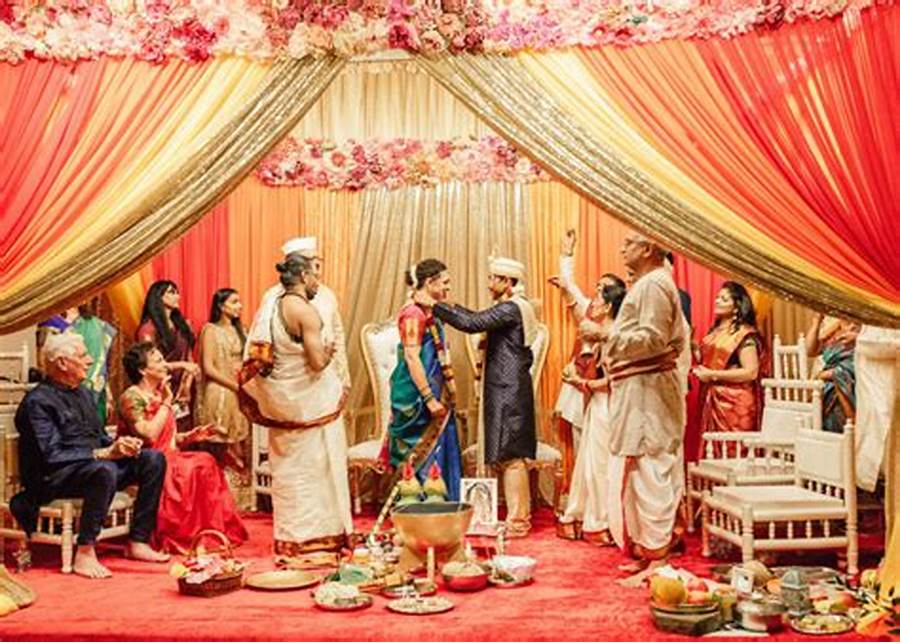Introduction
In the tapestry of human relationships, marriage stands as a profound union of hearts, minds, and often diverse beliefs. Interfaith marriages, where partners come from different religious backgrounds, bring unique opportunities and challenges. At the heart of navigating these complexities lies open communication—a cornerstone that fosters understanding, respect, and harmony. This blog explores why open communication is crucial in interfaith marriages and offers practical insights into how couples can cultivate this essential skill.

Building Bridges of Understanding
One of the primary benefits of open communication in interfaith marriages is its ability to build bridges of understanding between partners. Each person brings to the relationship a set of beliefs, traditions, and values shaped by their religious upbringing. Through open dialogue, couples can explore these differences, share their personal journeys of faith, and deepen their appreciation for each other’s perspectives.
For example, discussing the significance of religious holidays, rituals, or spiritual practices allows partners to gain insight into what holds meaning for their spouse. This mutual sharing fosters empathy and strengthens the emotional connection within the marriage. Moreover, understanding the nuances of each other’s faith helps bridge potential gaps in perception or misunderstandings that may arise due to cultural or religious differences.

Navigating Challenges with Sensitivity and Respect
Interfaith marriages can present challenges, especially when it comes to navigating religious ceremonies, family expectations, or raising children with differing beliefs. Open communication provides a safe space for couples to address these challenges with sensitivity and respect.
Couples can use communication as a tool to discuss and negotiate how they will incorporate aspects of each other’s faith into their shared lives. This might involve making compromises, finding common ground on religious practices, or setting boundaries with extended family members who may have different expectations.
Furthermore, open communication allows couples to address potential conflicts before they escalate. By expressing concerns, sharing fears or uncertainties, and seeking solutions together, partners can proactively manage challenges and strengthen their partnership.

Cultivating Shared Values and Goals
While partners in interfaith marriages may practice different religions, they often share core values such as love, compassion, and mutual respect. Open communication plays a crucial role in identifying and cultivating these shared values, which serve as the foundation for a harmonious relationship.
Through meaningful conversations, couples can articulate their individual and collective goals, aspirations, and priorities. This shared vision enables them to align their actions and decisions in a way that honors both their religious identities and their commitment to each other.
Moreover, discussing long-term plans, such as how they will raise children or celebrate important life events, allows couples to proactively address potential conflicts and find creative solutions that reflect their unique family dynamics.
Strengthening Emotional Intimacy and Trust
Beyond addressing practical matters, open communication in interfaith marriages strengthens emotional intimacy and trust between partners. When couples feel comfortable sharing their innermost thoughts, doubts, and spiritual experiences, they create a supportive environment where vulnerability is met with empathy and understanding.
Sharing stories of faith journeys, discussing doubts or spiritual growth, and seeking guidance from each other fosters a deep sense of emotional connection. This openness nurtures a partnership where both partners feel valued and accepted for their beliefs, regardless of religious differences.
Conclusion: Embracing Dialogue for a Stronger Union
In conclusion, open communication is not just a tool but a vital ingredient in the recipe for a successful interfaith marriage. By fostering understanding, navigating challenges with sensitivity, cultivating shared values, and strengthening emotional intimacy, couples can forge a resilient partnership that honors their individual faiths while celebrating their shared journey together.
In the tapestry of human diversity, interfaith marriages exemplify the beauty of embracing differences with open hearts and minds. As couples embrace open communication as a guiding principle, they pave the way for a marriage grounded in respect, harmony, and enduring love.

